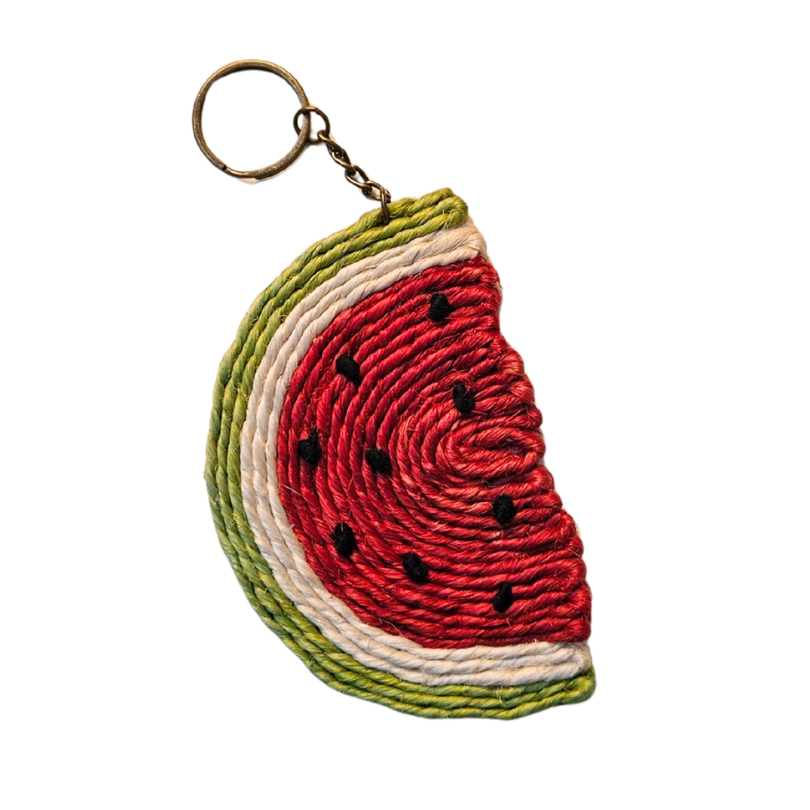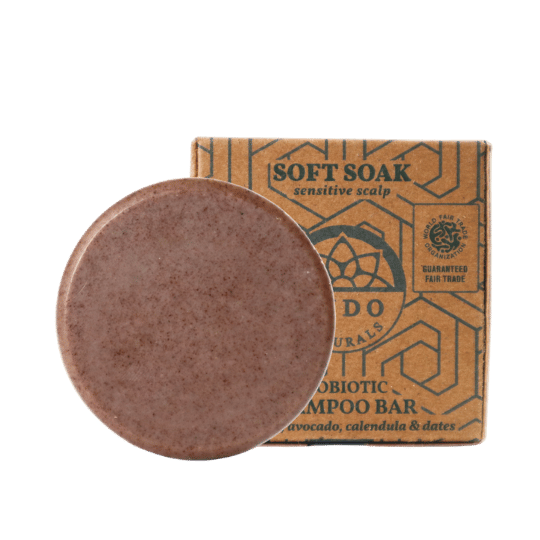Oceans: why we must protect them
- Indo Naturals

- Aug 10, 2021
- 2 min read
Updated: Sep 16, 2021
The oceans cover 70% of the earth's surface, host 80% of the earth's life, absorb enormous amounts of CO2, and account for half of the earth's oxygen supply. Healthy oceans are essential for life on earth. Today, plastic waste and harmful chemicals are released into the oceans in ways few can imagine. We work to develop products free of plastic and harmful chemicals so it is easy for you to ditch the plastic.
The plastic waste system that transports plastic waste from your bin and in some cases the whole way to the other side of the world, and eventually into the oceans, is highly complicated, non-transparent, and filled with bad practices, corruption, and illegalities.
[image from grid arendal]
Plastic from Norway has long been sent to Germany. Germany and the EU send tons of plastic to Asia or Eastern Europe. A transport that both leaks plastic straight into nature and oceans, and that contributes to large amounts of CO2 emissions. The plastic is often sent to the neighborhoods of the most vulnerable people, where the plastic is supposed to be recycled, however, too often ends up polluting people and nature by being dumped or burnt. This leads to the poisoning of humans and animals both through chemical substances and chemical air pollution. It is estimated that over 1 million people die each year due to plastic pollution (source).

What lands in the oceans is over a long period of time turned into micro-plastic, damaging animals and ecosystems in both the short and long term. Plastic has now reached the deepest sea areas known to humans and is now part of many fish stomachs. Microplastics have also been found in human blood and newborn babies. There are still major uncertainties about how this will affect our health and the eco-systems.
Even if we do not see our waste after it is thrown in the bin, it does not mean that it is gone. Work is being done to increase the recycling of plastic, also in Norway. But is recycling the main solution? Read more about it here.
































